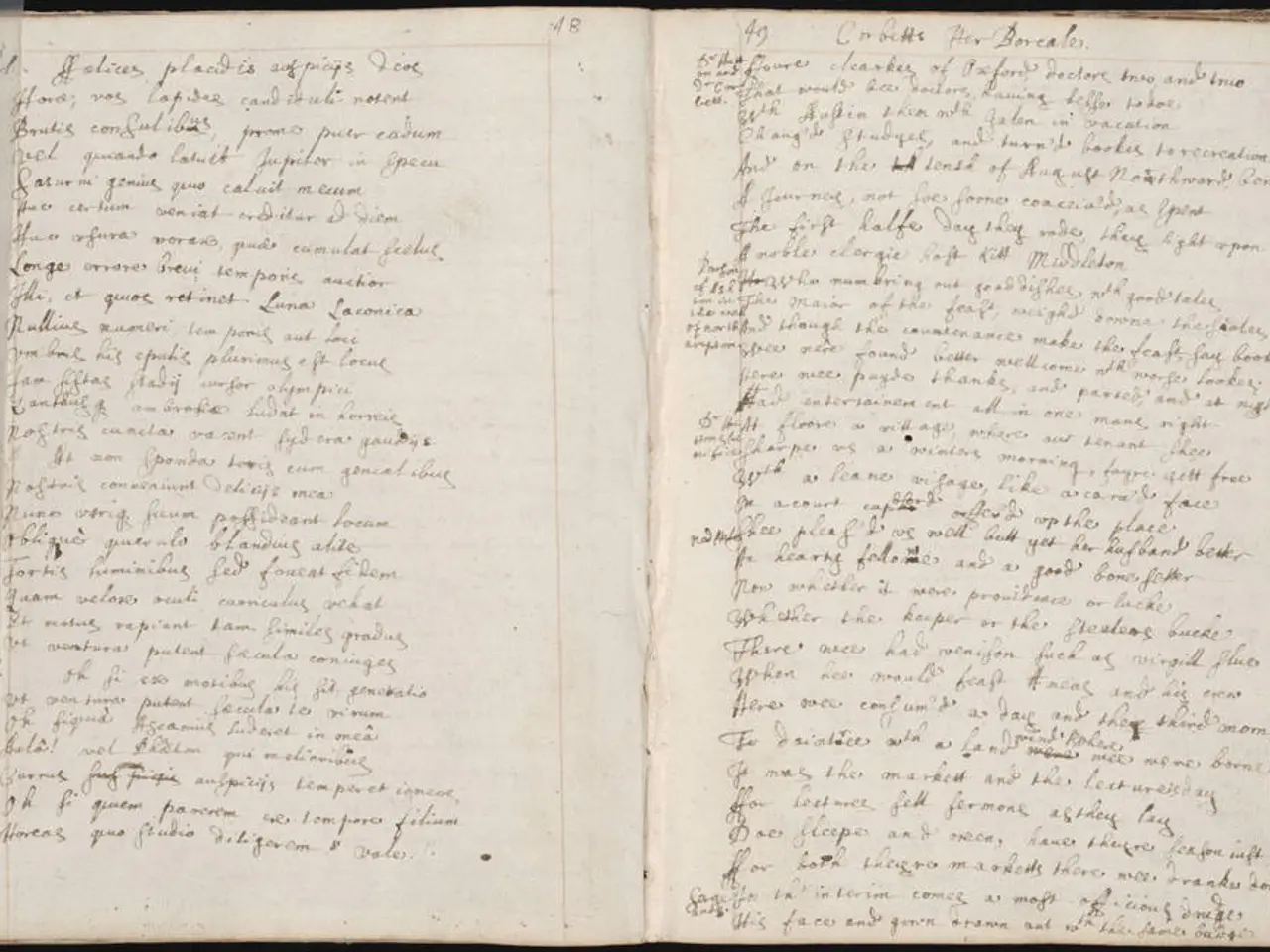Proposed Legislation in U.S. Congress Advocates for Joint Military Efforts Between U.S. and Taiwan
United States-Taiwan Defense Innovation Partnership Act: Bolstering Defense and Deterrence
A bipartisan bill, the United States-Taiwan Defense Innovation Partnership Act, has been introduced by Representatives Jill Tokuda and Zach Nunn. The legislation aims to strengthen the defense capabilities of Taiwan and the United States, particularly in the face of increasing aggression from the Chinese Communist Party (CCP).
The bill directs the U.S. Department of Defense to collaborate directly with Taiwan’s Ministry of National Defense via their Defense Innovation Units. This collaboration is intended to accelerate joint development and deployment of next-generation defense technologies, such as drones, artificial intelligence, microchips, intelligence surveillance reconnaissance (ISR) systems, and directed energy weapons.
Key aspects of the bill include:
- Establishing a strategic partnership between the U.S. Department of Defense and Taiwanese counterparts to enhance market opportunities for defense technology companies and coordinate defense industrial priorities.
- Prioritizing the joint research and development, and fielding of dual-use technologies that have both civilian and military applications to bolster collective deterrence and maintain a technological edge in the Indo-Pacific.
- Strengthening coordination on defense supply chain resiliency to improve the robustness of critical components such as advanced microchips.
- Creating pathways for startups and innovation to bring emerging defense technologies more rapidly to market.
- Countering the development and proliferation of dual-use technologies by the CCP and affiliated adversaries.
The bill enjoys bipartisan support, with cosponsors including House Select Committee on China Chairman John Moolenaar and Representative Ashley Hinson. They emphasize its role in countering China's coercive actions, advancing diplomatic ties with Taiwan, and rejuvenating U.S. defense innovation.
This legislation is part of a broader U.S. effort in 2025 to strengthen Taiwan's defense capabilities within a tense geopolitical environment, complementing other congressional bills funding military sales and semiconductor supply chain resilience.
In a news release issued by Tokuda's office, the legislation is described as reinforcing the U.S.' commitment to peace through strength. The cooperation will fast-track the development and fielding of dual-use technologies, including drones, artificial intelligence, microchips, and advanced surveillance systems.
Representative Moolenaar states that this legislation would strengthen defense industrial collaboration with Taiwan and enhance shared readiness against Beijing. Ashley Hinson is quoted as saying that the defense partnership laid out in the bill will be a critical deterrence tool, accelerating Taiwan's access to next-generation U.S. technology.
As Chinese President Xi Jinping continues to expand coercion aimed at Taiwan with each passing day, this bill represents a clear message to the CCP that the U.S. will stand firm against aggression and invest in the tools needed to defend freedom in the Indo-Pacific. The bill was introduced by US representatives Zach Nunn and Jill Tokuda, with John Moolenaar and Ashley Hinson joining as original cosponsors. The draft bill directs the U.S. Department of Defense to work directly with Taiwan's Ministry of National Defense. No photographic reference was provided in the text.
- The United States-Taiwan Defense Innovation Partnership Act, introduced by Representatives Jill Tokuda and Zach Nunn, is a bipartisan bill aimed at bolstering defense and deterrence against war-and-conflicts in the Indo-Pacific region.
- This legislation, which enjoys wide support and cosponsorship from politicians such as John Moolenaar and Ashley Hinson, focuses not only on strengthening defense capabilities for Taiwan and the United States, but also on politics and general-news, as it pursues cooperative efforts for the joint development and deployment of next-generation defense technologies like drones, artificial intelligence, microchips, and advanced surveillance systems.






